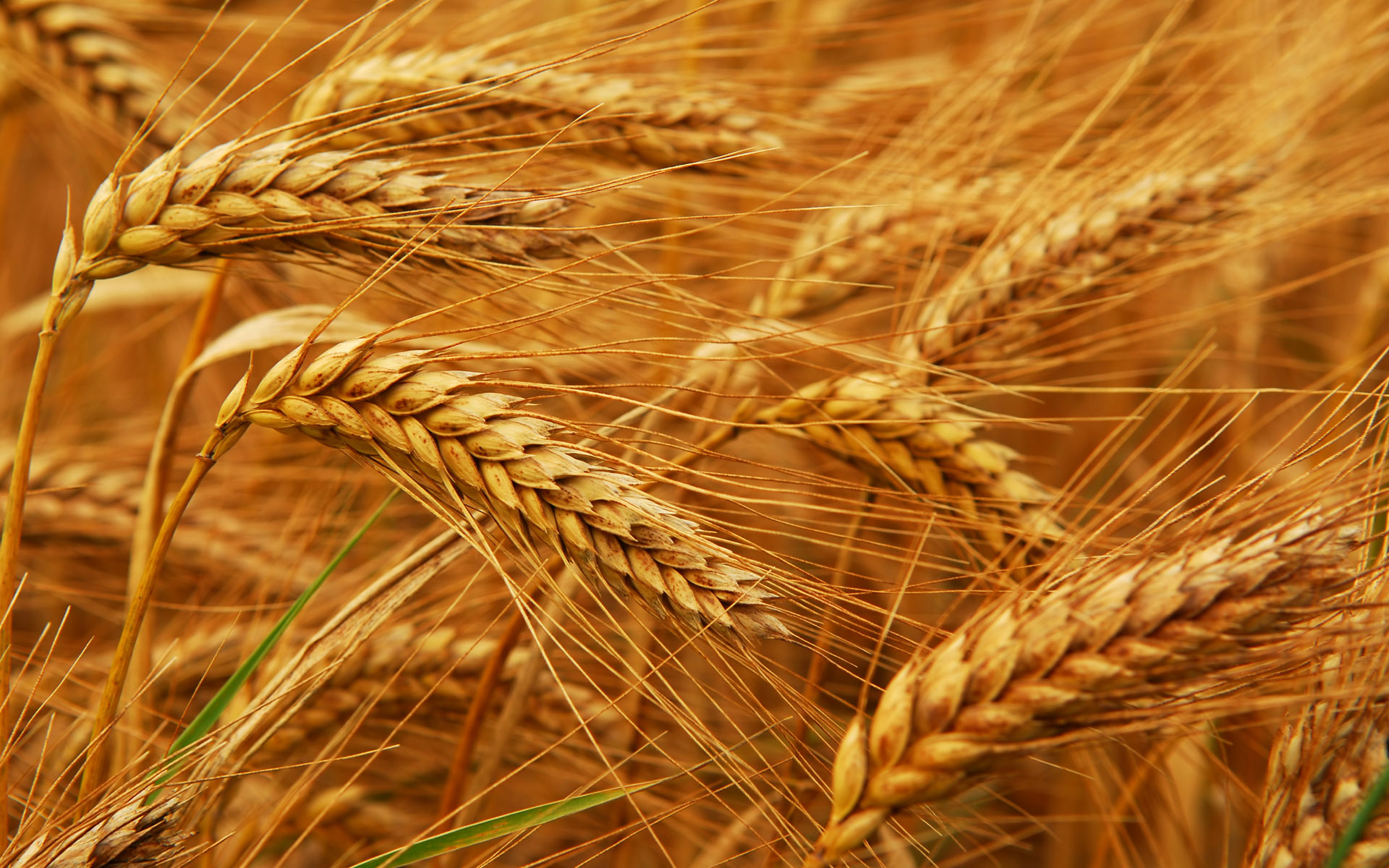The new programs were announced recently at a meeting between the European Union Commissioner for International Cooperation and Development, Neven Mimica, and FAO Director-General José Graziano da Silva during the 3rd International Conference on Financing for Development, in Ethiopia.
The European Union is contributing €50 million and FAO €23.5 million to this initiative, which will be country led and demand driven.
Commissioner Mimica said: “This initiative will be crucial to support partner countries and regional organizations in pulling together political, technical and financial means towards the common goal of reducing food and nutrition insecurity. It will also contribute to strengthening the partnership between the European Union and FAO.”
“This newest phase in our partnership with the European Union will greatly reinforce FAO’s ability to engage with governments to help them acquire the data and information they need to develop and implement effective policies aimed at tackling hunger’s root causes and building resilience to shocks and crises,” said Graziano da Silva.
The new initiative consists of two linked five-year programs
The Food and Nutrition Security Impact, Resilience, Sustainability and Transformation (FIRST) facility, which will enhance the capacities of governments and regional administrations to improve food security, nutrition and sustainable agriculture policies and better implement them. This will be done by providing policy assistance and capacity development support.
The Information for Nutrition Food Security and Resilience for Decision Making (INFORMED) program will contribute to strengthening resilience to withstand food crises as a result of human-induced and natural disasters. Providing regular, timely and evidence-based information to decision-makers is one of the means to achieve this goal.
Shared priorities in fighting hunger and malnutrition
Despite the progress made in recent decades, according to the latest UN food insecurity report, around 800 million people in the world still go hungry and millions more do not have access to healthy diets.
Moreover, in recent years an increasing number of people have been affected by food crises, often resulting from conflicts, natural disasters, also due to climate change, or food price volatility. Vulnerable people are finding it increasingly difficult to ensure they have enough food and can earn a living in the face of such shocks.
A recent report by FAO, the International Fund for Agricultural Development (IFAD), and the World Food Program (WFP) estimates that eradicating world hunger by 2030 will require an estimated additional $267 billion a year in investments in rural and urban areas and in social protection.
Given the challenges, the various partners participating in FIRST and INFORMED initiatives recognize the need for coordinated action by all stakeholders to effectively address the root causes of hunger and malnutrition.
The European Union’s contribution to the initiatives comes from the Global Public Good and Challenge (GPGC) program, under the European Union’s budget dedicated to development aid (Development and Cooperation Instrument, or DCI).
The European Union – one of FAO’s biggest donors – joined the Organization as a Member 1991. In 2004 the European Union and FAO became strategic partners, deepening their working relationship. This latest agreement strengthens and expands on that long-standing collaboration.
Preliminary list of countries in which the programs will be implemented are19 countries including Afghanistan, Bangladesh, Burkina Faso, Cambodia, Central African Republic, Djibouti, Democratic Republic of the Congo, Ethiopia, the Gambia, Haiti, Kenya, Mauritania, Myanmar, Pakistan, Sri Lanka, Tajikistan, the Sudan, Swaziland and Zimbabwe.
Prepared By:
Sh. Kh.

